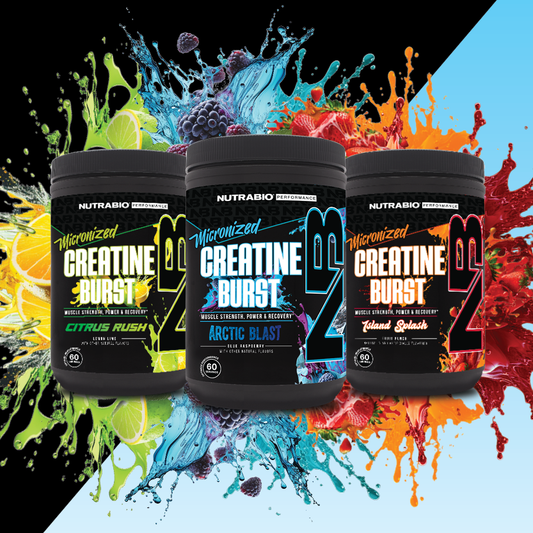L-Theanine is a dietary supplement that has gained popularity for its potential benefits on relaxation and focus. It is a natural compound that is found in tea leaves, and has been shown to have a range of beneficial effects on the body. Here is what you need to know about this popular supplement:
What is L-Theanine?
L-Theanine is a natural compound that is found in tea leaves, specifically in green tea. It is often used in dietary supplements to support relaxation and focus, without causing drowsiness.
Benefits of L-Theanine
- Stress Relief: L-Theanine has been found to support stress relief, potentially reducing anxiety and improving mood.
- Focused Relaxation: L-Theanine has been found to support focused relaxation, potentially improving cognitive function and attention.
- Improved Sleep: L-Theanine has been found to support improved sleep quality, potentially reducing insomnia symptoms.
How to Use L-Theanine
L-Theanine is available in a variety of forms, including tablets, capsules, and powders. It is typically taken orally, either on its own or as an ingredient in a relaxation or focus supplement. It is important to follow the recommended dosage guidelines for your specific supplement, as dosage can vary depending on the form and concentration of the supplement.
Side Effects and Precautions
L-Theanine is generally considered safe when taken as directed. However, like any supplement, it can cause side effects in some individuals. The most common side effects include headaches, digestive upset, and dizziness. It is important to talk to your doctor before taking L-Theanine, especially if you have a medical condition or are taking medications.
Conclusion
L-Theanine is a natural compound that is found in tea leaves and has gained popularity for its potential benefits on relaxation and focus. While it is generally safe when taken as directed, it is important to talk to your doctor before taking L-Theanine, especially if you have a medical condition or are taking medications.


